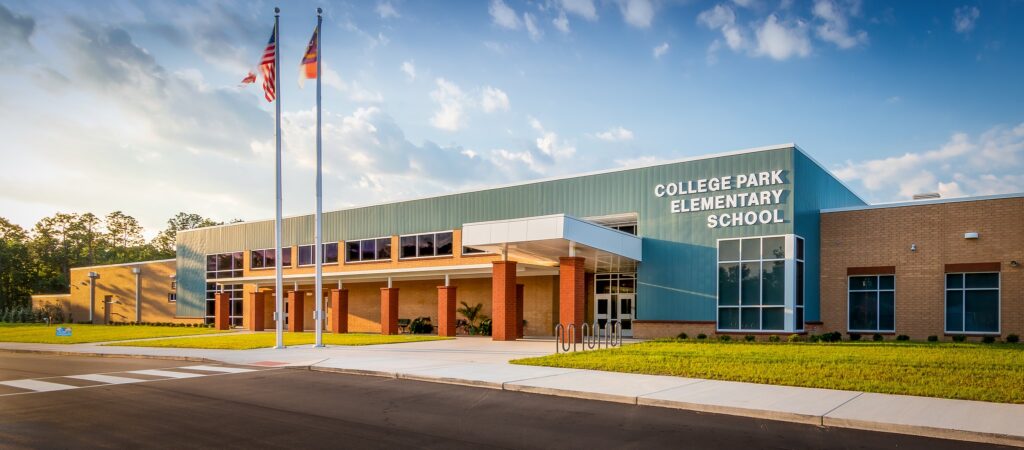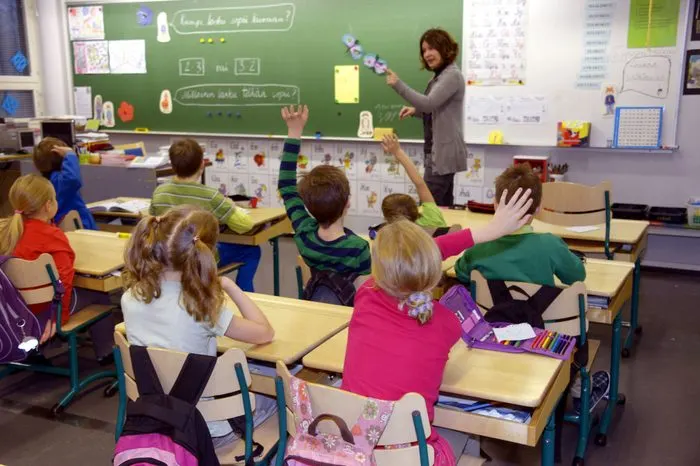
Education
In the United States, the main types of school systems are public, charter, private, and homeschooling. Public schools are government-funded and run by local districts. Charter schools are publicly funded but independently operated, often with more flexibility in curriculum and operations. Private schools are funded by tuition and private sources and can have various focuses, like religious or boarding schools. Homeschooling involves parents educating their children at home.
Public Schools
Traditional Public Schools: These are the most common type of school, funded by local and state governments, and usually operate within a specific geographic district.
Charter Schools: These are publicly funded schools that operate independently of the traditional public school system. They often have more flexibility in their curriculum and operations, but may have specific admissions requirements.
Magnet Schools: These are specialized public schools that focus on specific areas, like STEM, arts, or languages. Admission may be competitive and based on merit.
Virtual Schools: These schools offer online learning options for students, either as a supplement to traditional schooling or as a full-time alternative.
Private Schools
Traditional Private Schools: These schools are funded by tuition and private donations, and can have diverse focuses, like college-preparatory or specialized programs.
Boarding Schools: These private schools offer residential accommodations for students, providing a structured learning and living environment.
Parochial Schools: These are private schools affiliated with religious organizations, often including religious education in their curriculum.
Homeschooling: Parents educate their children at home instead of sending them to a traditional school. Homeschooling is regulated by state laws, and can be a secular or religious approach.
Tertiary Education
Public Universities: These are state-funded institutions that typically offer a wide range of programs at all degree levels.
Private Universities: These institutions are not government-funded and are supported by private sources like endowments, donations, and tuition fees.
Ivy League Universities: A group of eight highly selective, prestigious private universities known for their academic reputation and rigorous admissions standards.
Community Colleges: Two-year institutions that offer associate’s degrees and vocational training, often serving as a pathway to four-year colleges.
Liberal Arts Colleges: Primarily focused on undergraduate education with a broad curriculum across various disciplines, emphasizing critical thinking and communication skills.
Technical Schools: These institutions focus on specialized career training in fields like technology, healthcare, or skilled trades.
Art Colleges: Offer specialized training in visual and performing arts.
For-Profit Colleges: Institutions that operate with the goal of generating profit for their owners or shareholders.
Other Considerations
Colleges vs. Universities: While the terms can be used interchangeably, “universities” generally offer both undergraduate and graduate programs, while “colleges” may focus primarily on undergraduate degrees.
State Colleges/Universities: These are public institutions funded or associated with a state government.
Historically Black Colleges and Universities (HBCUs): Institutions founded before 1964 with the primary mission of educating Black Americans.
Single-Sex Colleges: Institutions that only admit students of one gender.
Schools Per County in NC
Curious about schools in North Carolina? Explore this easy-to-use tool to see report cards, performance details, and other helpful insights for schools across the state.
NC Department of Public Instruction
Your go-to guide for education in North Carolina! The Department of Public Instruction website offers parents everything from school information and learning resources to important updates, all in one easy-to-navigate place.
Homeschooling
Once you’re settled in your new area, you’ll find plenty of opportunities to connect through local “Co-Ops.” These groups bring families together for shared learning, social activities, sports, hobbies, cultural experiences, and field trips.
Field trips are a big hit – and for good reason! Most historical sites, museums, galleries, science and technology centers, and aquariums offer free or discounted admission for homeschooling families.
You may also want to explore Dual Education programs offered through community colleges. These allow high school seniors to take extra courses – and even begin their tertiary studies – while still completing their high school education.
The best resources if you’re considering home schooling:
- Your Guide to Homeschool Registration
- North Carolinians for Home Education
- Discover 4-H Programs for Kids and Families
- Dual Enrolment Opportunities for NC High School Students



